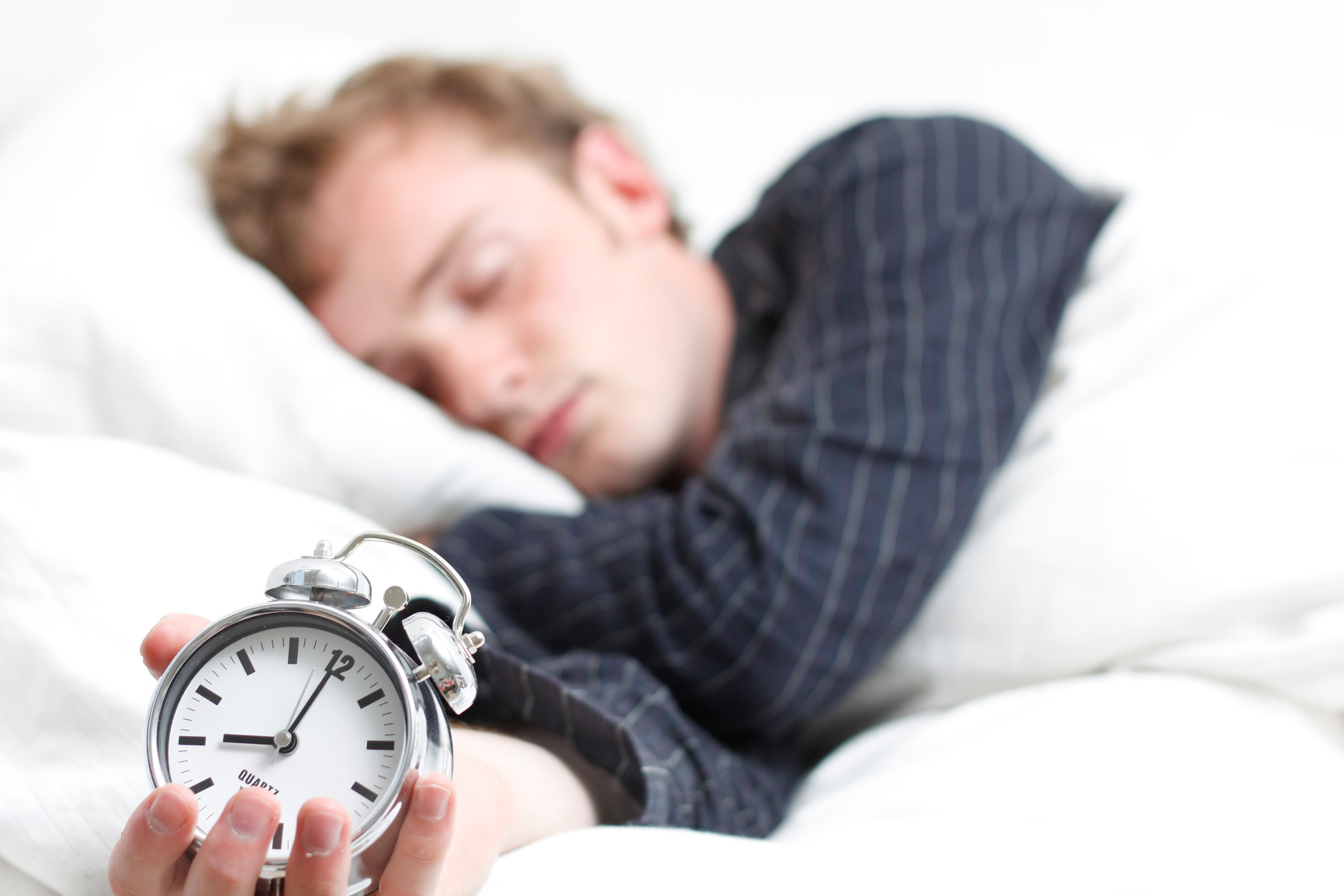![]()
Occasionally there are times when I find it difficult to get a good night’s rest. Just worrying about how many hours of sleep I would get only made it harder to catch those elusive zzz’s. I’m sure many of you can relate — staring at the ceiling in the dead of night, willing yourself to fall asleep. Doctors and sleep experts try to warn us about the ill effects of sleep deprivation. Studies show that getting adequate sleep is not only physically rejuvenating, but can also help us to have a better work day.
Sleep? I thought he was going to talk about how to fix my Outlook calendar or be a better presenter.
I get it. Sleep is not exactly an attractive topic to discuss sometimes. We are constantly bombarded by the idea that we should all be working harder over more hours. It has almost become a badge of honor to tell others how much we do with so little sleep. Allow me to present this idea:
None of our work will be beneficial or productive without proper rest.
As someone who sometimes struggles with sleep deprivation, I can honestly say that quality sleeping is just as important to our careers as learning how to use the latest piece of software.
Why Sleep Matters
When we sleep our body goes through a number of changes. Our brain recharges from the mental exhaustion of the day, our other body cells begin to repair themselves, and important hormones are released as we sleep. Without adequate sleep, we are more susceptible to higher stress levels, increased chances of making mistakes, and more likely to having difficulty concentrating.
The CDC says that sleep deprivation is now a public health problem. Insufficient rest has been linked to motor vehicle crashes, industrial disasters, and medical and other occupational errors. In other words, showing up to work tired increases our chances of committing costly mistakes.
What Research Says About Sleep
The Better Sleep Council estimates that humans spend approximately 33% of our lives sleeping. Without proper rest, we set ourselves up for a host of medical issues. According to the Centers for Disease Control and Prevention, people who experience sleep insufficiency are more likely to suffer from chronic diseases such as hypertension, diabetes, depression, and obesity. This list also includes cancer, increased mortality, and reduced quality of life and productivity. Our ability to concentrate and remember things is also impacted in a negative way.
Other studies show that getting proper sleep is connected to feelings of better physical health. Those who had less hours of sleep also reported themselves as being in poorer physical health. What that means for us is that without getting the recommended amount of sleep, we are hurting ourselves and our ability to conduct high quality work.
How to Get A Good Night’s Rest
An estimated 8 in 10 Americans claim they would feel better and more prepared for the day if they had an extra hour of sleep. Though the amount of sleep we get is important, the quality of the sleep we get is just as vital. Here are some tips to make sure your next sleep session is a productive one.
- Consistently going to bed and waking up at the same time
- Developing a routine before bedtime
- Create a restful sleep environment
- Invest in a quality mattress and pillow
- Plan workouts at least two hours before bedtime
Not only does our body and work suffer from a lack of sleep, but so do those we serve. Poor work performance because of tiredness means we are not giving our best to our coworkers and citizens. A good night’s rest might just be the next best way to improve our work day.
Roman Alvarez is part of the GovLoop Featured Blogger program, where we feature blog posts by government voices from all across the country (and world!). To see more Featured Blogger posts, click here.





Sometimes getting to sleep quickly is an inevitable challenge for me. Once my eyes get heavy I head for bed. To keep the mind from endlessly running from one event to another – what needs to get done tomorrow, rehashing disagreements, lingering on a task you did not do so well, blending family needs with work demands, etc. – I focus my thoughts. With each breath I mentally recite “sleep, sleep, sleep.” In effect I compartmentalize all those worldly issue into a soundproof lock box and doze into sleep mode rather quickly. For those rare nights when my mind is running too fast to settle into sleep, I get up and read a novel for a while to slow the racing mind. It works for me very well. With rare exceptions, I am typically sound to sleep within three minutes of my head hitting the pillow.